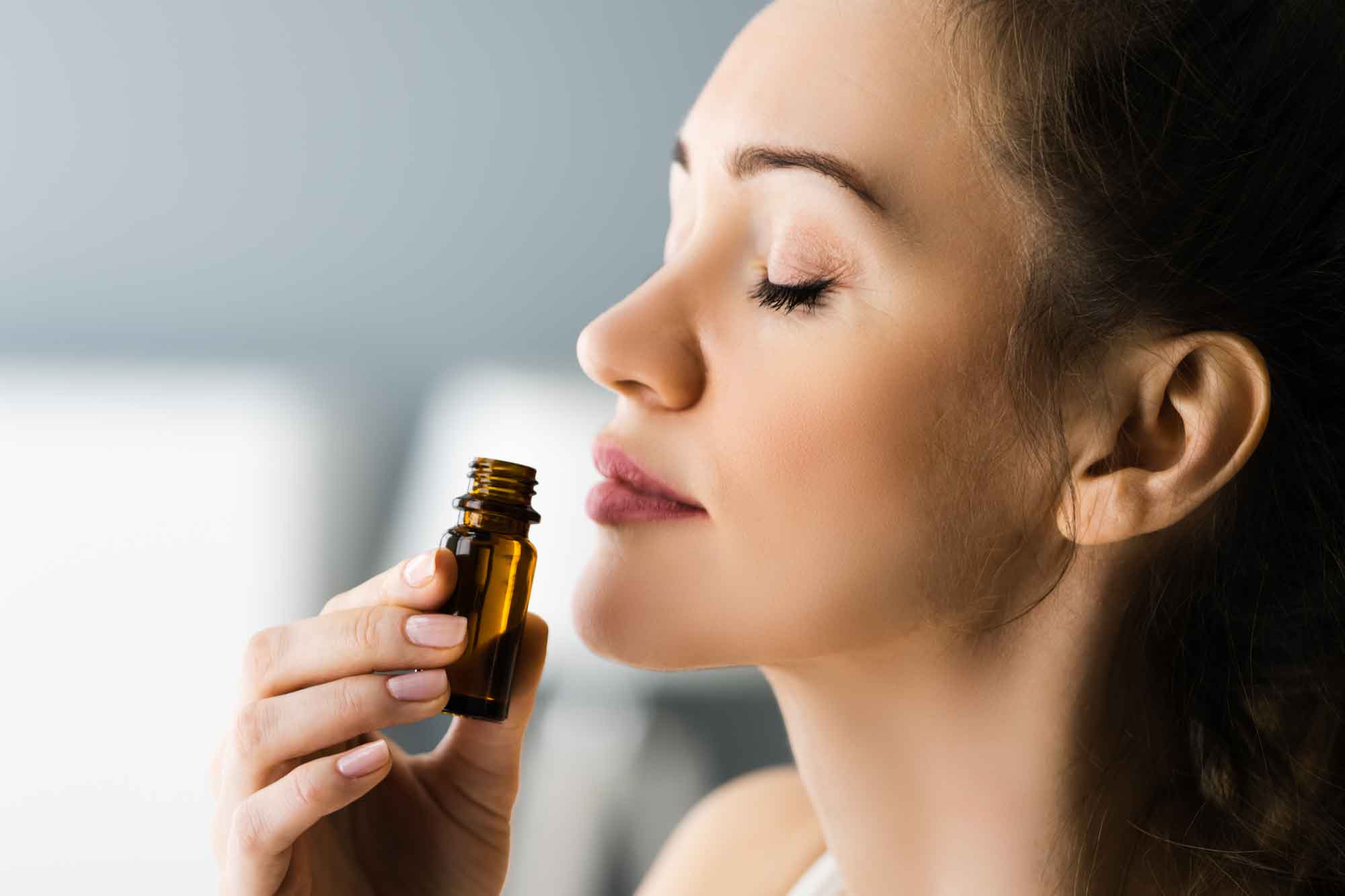
Sea Buckthorn Oil | The Superfood For Your Skin
WRITTEN BY GRETA JOHNSON AND DR. SWATHI VARANASI
“Your skin looks so radiant.”
I have been using the Belle Visage | Face Serum for the past few months and have seen such a difference in my skin. And apparently so have my friends and family. But, what ingredient in our face serum is making such a huge difference for my skin? Read on to find out.
Sea buckthorn, first and foremost, is a fruit. Found in high elevations and colder climates, the vibrant, orange sea buckthorn oil is derived from the sea buckthorn berries and seeds. This plant has a plethora of valuable medical, dietary, and cosmetic uses and have been used for many years in Traditional Chinese Medicine and Ayurveda, and it is now being researched extensively by modern scientists.
Sea buckthorn oil contains the phytosterol, sitosterol; a phytosterol, or plant-based and good type of cholesterol. In a study conducted in 1986, this compound lowered the plasma cholesterol in humans. There is a positive correlation between high cholesterol levels and heart disease — meaning that the ongoing use of sea buckthorn oil could decrease plasma cholesterol levels and have a profound impact on lowering the incidence of heart disease. A double-blind clinical study was conducted in which patients received either 10 mg of sea buckthorn three times a day, for six weeks, or a placebo. The patients receiving sea buckthorn reported a significant reduction in the incidence of angina (chest pain), lower cholesterol levels, and improved cardiac function.
In addition to its effects on the heart, sea buckthorn oil contains the most common omega fatty acids, like omega-3, omega-6, and omega-9 fatty acids, it also contains the omega-7 fatty acid, palmitoleic acid. Studies conducted on rodents point to palmitoleic acid improving insulin sensitivity, stimulating insulin secretion, and overall improving the blood lipid profile. With the leading cause of death in the United States being heart disease, sea buckthorn oil shows incredible potential to be a part of a patient’s regimen suffering with this condition.
These phytosterols can have demonstrated their impact on the skin. These versatile compounds can protect the epidermis and dermis from harmful substances by enhancing the lipid barrier. Functioning as a humectant, or moisture preserver in the skin, sea buckthorn oil is multifaceted in terms of its benefits in beauty products.
Palmitoleic acid, mentioned above with its effects on cholesterol and insulin, also has been shown to support human cell tissue and boosts wound healing as it is often-used component in fighting systemic skin diseases. Sea buckthorn oil contains one of the highest percentages of palmitoleic acid in contrast to other sources, with the amount in each berry averaging around 35%!
This high concentration of palmitoleic acid in sea buckthorn oil has been thought to promote and enhance normal skin functions and reduce the appearance of scars and fine lines. Another component of sea buckthorn oil worth noting is gamma-linolenic acid, which we can call GLA for short. GLA has potent properties that allow it to guard human skin against bacterial infections, reduce inflammation, amplify anti-aging properties, and generate tissue lipids, which improves the appearance and structure of the skin.
As though that was not impressive enough, sea buckthorn oil also has a laundry list of vitamins and minerals compounds; namely, vitamins A, B, C, E, and K. Vitamin A is a very effective anti-aging, anti-wrinkle agent; present in red, orange, and yellow plants, carotenoids, such as beta-carotene, are a phytonutrient associated with a number of nutritional benefits (to learn more, check out this article!). Vitamin C is an antioxidant that is 12 times more abundant in sea buckthorn than in oranges! It has been used dermatologically for hyperpigmentation and uneven skin tone issues. Vitamin E is also an antioxidant that protects the skin from sun damage, among other attributes, making it a top ranked ingredient in many skincare products. The vitamin B family, including biotin (B7) and folic acid (B12), has a multitude of effects throughout the body, which in this case have shown a direct relationship to hyperpigmentation, vitiligo, atopic dermatitis, and acne. Specifically, sea buckthorn oil exerts its anti-inflammatory effects on the highly inflammatory acne condition.
As you can see, sea buckthorn oil has so many beneficial properties, both as a dietary supplement and as a component to incorporate into your daily skincare routine. As the first and the most abundant ingredient in our Belle Visage | Face Serum, we would love for you to try it. Get ready for smoother, more refined and radiant skin.
Resources
Agrawala PK, Goel HC. Protective effect of RH-3 with special reference to radiation induced micronuclei in mouse bone marrow. Indian Journal of Experimental Biology. 2002;40:525-530.
Bal LM, Meda V, Naik SN, et al. Sea buckthorn berries: A potential source of valuable nutrients for nutraceuticals and cosmeceuticals. Food Research International. 2011;44(7):1718-1727.
Brescoll J, Daveluy S. A review of vitamin B12 in dermatology. American Journal of Clinical Dermatology. 2015;16(1):27-33.
Chen Y, Zhong X, Liu T, et al. The study on the effects of the oil from Hippophae rhamnoides in hematopoiesis. Journal of Chinese Medicinal Materials. 2003;26(8): 572-575.
Keen MA, Hassan I. Vitamin E in dermatology. Indian Dermatol Online J. 2016;7(4):311-315.
Schagen SK, Zampeli VA, Makrantonaki E, et al. Discovering the link between nutrition and skin aging. Dermatoendocrinol. 2012;4(3):298-307.
Souza COD, Vannice GK, Neto JCR, et al. Is Palmitoleic Acid a Plausible Nonpharmacological Strategy to Prevent or Control Chronic Metabolic and Inflammatory Disorders? Molecular Nutrition & Food Research. 2017;62(1):1700504.
Telang PS. Vitamin C in dermatology. Indian Dermatol Online J. 2013;4(2):143-146.
Zasada M, Budzisz E. Retinoids: active molecules influencing skin structure formation in cosmetic and dermatological treatments. Postepy Dermatol Alergol. 2019;36(4):392-397.
Zeb A. Important Therapeutic Uses of Sea Buckthorn (Hippophae): A Review. Journal of Biological Sciences, 2004;4(5):687-693.
Zielińska A, Nowak I. Abundance of active ingredients in sea-buckthorn oil. Lipids in Health Disease. 2017;16(1):95.
--
This article was written by Dr. Swathi and Elēment Apothēc Scientific Communications Intern, Greta Johnson. She is a Doctor of Pharmacy (PharmD) student at Northeastern University School of Pharmacy at the Bouvé College of Health Sciences in Boston, Massachusetts.











